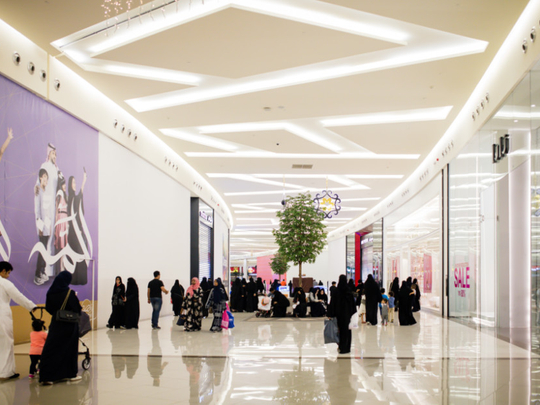
With the curtains of austerity being lowered in many of the Gulf countries, there are many within such organisations who are not particularly happy about such changes.
A chance encounter with a long-term public servant in a key service organisation in Saudi Arabia, who was about to hang up his boots, brought forth revelations about the inner workings of the Saudi government organisation whose primary mandate is to serve the public. He was retiring soon and he was visibly relieved and elated. After three decades of service in that particular company, he was counting the remaining days until he bid a final farewell to an organisation that he had given his all. During our talks, I wondered whether there were any slight reservations among all that joy.
“Oh yes, there have been many, but they are no longer my concern. I am leaving and let those who remain attempt to sort out the mess we have become. I have aged faster, just trying to make an honest living, but I can sleep soundly at night knowing that I have served with a clean conscience.”
Following the oil boom years, many of the organisations were vibrant and dynamic and the reason was to the selfless and energetic output of foreigners who in the capacity of advisers were not hesitant to recognise local talent and allow it to develop and flourish steered this company. If you were good, you stood out and moved forward. And if you were not, then you were quickly shown the exit door.
Back in the early 1980s, the growing infrastructure of this country and the challenges Saudi Arabia faced were of such magnitude that everyone pitched in to put forth a quality service product. But as the 1980s came to an end, things started to change and corruption started to take hold. The expatriates were gradually replaced with Saudis, some from within and some who were appointed from outside the company. And it was then that the seeds of incompetence were sowed.
Many of the Saudis who were appointed from the outside at executive levels exercised their authority within the company as though they owned the outfit, and soon modified the company mission into what this organisation could do for them rather than the other way around. Public service was soon replaced by private greed as more and more, the profile and culture of this place became into a temple of worship of the company director.
Monthly company newsletter began glorifying the activities of the director, while the increasing public discontent with our service in the press was quickly met with hollow denials. Since the public service was essentially a monopoly, the public had no other option but to take whatever was dished to them.
Even conscientious employees were soon forced into a situation to accept this new form of disciple or else seek work elsewhere. Those who joined the bandwagon were quickly targeted for promotions, regardless of their incapability. Everyone was expected to hail the chief and his inner circle. Nepotism and favouritism flourished. And those who chose to make corrections and expressed alarm and discontent at this avaricious trend were labelled as troublemakers.
The workplace was reduced to what personal gains one could obtain from the company and what fruits could be harvested for one’s use. Forget the paying public. If they didn’t like it, tough luck. Let them go somewhere else. As long as the government kept pouring money into the budget, did they really care about what the public thought?
There was no credible means of independent accountability of the Saudi public sector, and many of the executives viewed the company as a cash cow, created for their own personal gains. This is how corporate culture slowly changed and led to a gradual decline in the public services sector in Saudi Arabia.
Feeble attempts to privatise the public sector were quickly quashed as new investors would have quickly done away with the existing bureaucracy and greed, along with the blood-sucking mites. Entrenched executives fought this concept through delaying tactics and untruthful information that must have scared away a lot of investors. They simply did not want the cow to run out of the milk that nourished their wallets.
With the arrests of princes, businessmen and high-ranking public service officials last November, the government has signalled that enough is enough. The avarices of the past will no longer be tolerated. Greed and corruption will be met with an iron hand and a jail sentence to boot. The King and the Crown Prince have been very specific and have stated that no one is above the law.
This is what honest people wanted to hear and see. It is a breath of fresh air.
Tariq A. Al Maeena is a Saudi socio-political commentator. He lives in Jeddah, Saudi Arabia. You can follow him on Twitter: @talmaeena.









